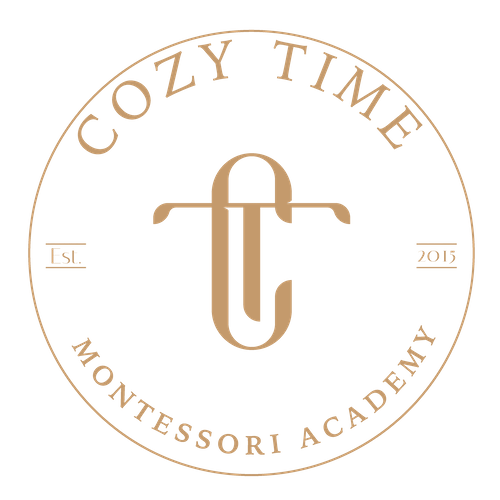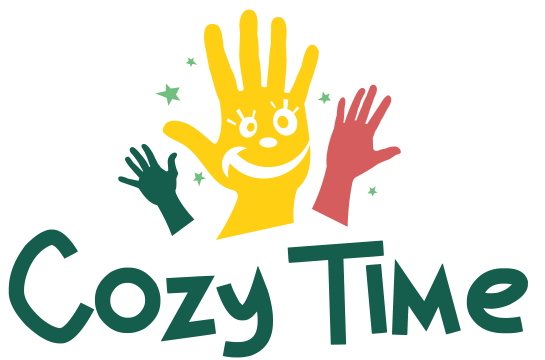Unraveling the Montessori Daycare Curriculum
As I walked into a Montessori classroom for the first time, I was struck by the serene environment. The calmness, the orderly arrangement of materials, and the freedom given to children was quite different from the traditional classrooms I was accustomed to. This personal experience sparked my curiosity and led me to delve deeper into the Montessori daycare curriculum.
The Heart of Montessori: Its Philosophy and Principles
The Montessori method, founded by Dr. Maria Montessori, is grounded in a profound respect for the child’s potential. Montessori education is not just a method of teaching but a philosophy of life. It emphasizes independence, freedom within limits, and respect for a child’s natural psychological, physical, and social development.
At the heart of the Montessori philosophy is the idea that children are naturally curious and eager to learn. They are viewed as active seekers of knowledge who flourish in a prepared environment that fosters their inborn desire to learn. The teacher, often referred to as a directress or guide, plays a crucial role in this environment. Their role is not to teach in the traditional sense but to guide and facilitate, connecting the child with the appropriate materials at the right time.
Stepping into a Montessori Daycare Curriculum
Imagine a classroom where children are deeply engrossed in their work, free to choose their activities, and learning at their own pace. This is a typical scene in a Montessori daycare. The curriculum is divided into five key areas: practical life, sensorial, language, mathematics, and cultural studies. Each area is designed to meet the developmental needs of the child and to foster independence, coordination, concentration, and a sense of order.
- Practical Life: These activities are designed to develop motor control and coordination, independence, and concentration. Children engage in real-life tasks such as pouring, spooning, dressing themselves, and setting the table.
- Sensorial: Sensorial materials help children develop and refine their senses. They learn to differentiate colors, shapes, sizes, sounds, textures, and smells through hands-on exploration.
- Language: Language development is emphasized through a variety of activities. Children are introduced to phonetic sounds, which eventually leads to reading and writing.
- Mathematics: Concrete materials are used to teach mathematical concepts. Children build a physical understanding of numbers, geometry, and arithmetic before moving on to abstract concepts.
- Cultural Studies: This area encompasses geography, biology, history, science, art, and music. Children explore different cultures, learn about the world around them, and express themselves creatively.
At Cozytime Child Care, a licensed Montessori center in Toronto, we believe in cultivating an environment where children feel safe to explore, learn, and grow. Our curriculum is carefully designed to meet the needs of each child and to instill a lifelong love for learning.
Choosing the right daycare for your child is a crucial decision. If you’re considering the Montessori daycare curriculum, it’s essential to understand its philosophy, values, and what to expect from it. To find out more about our Montessori programs, feel free to contact us at (416) 602 3811. We would be more than happy to assist you.
Unearthing the Pearls of Montessori Daycare Curriculum
As a seasoned educator and a parent, I vividly remember the day I set foot in a Montessori daycare for the first time. I was instantly captivated by the harmonious chaos of children independently exploring their environment. The palpable buzz of learning filled the air, a stark contrast to the traditional daycare I was accustomed to. This encounter marked the beginning of my lifelong passion for Montessori education.
Benefits and Advantages of Montessori Daycare Curriculum
Looking back, I realize the myriad of benefits that a Montessori daycare provides. Here at Cozytime, a renowned Montessori Center in Toronto, we’ve seen children blossom under this curriculum. Children develop not only academically but also socially and emotionally, cultivating independence and a love for learning. As we observe the latest montessori education trends for toddlers, it’s clear that this approach continues to evolve, incorporating innovative practices that enhance engagement and creativity. The emphasis on hands-on experiences and individualized learning paths fosters a nurturing environment where each child thrives.
- Child-centered learning: Montessori curriculum caters to the individual needs of each child. It fosters self-paced growth, allowing children to learn at their own speed.
- Fostering independence: Through practical life exercises like pouring water or buttoning a jacket, children cultivate self-reliance which instills confidence.
- Hands-on Learning: The Montessori methodology promotes learning by doing. This not only enhances understanding but also boosts retention.
Challenges of Montessori Daycare Curriculum
Yet, like any other educational methodology, the Montessori curriculum is not without challenges. When my son first started Montessori, he struggled with the freedom he was given. He was overwhelmed by the choices and often spent the day aimlessly wandering around.
- Too much freedom: With the abundance of choices, some children may feel overwhelmed and struggle to make decisions.
- Adaptation: Transitioning from a traditional daycare to a Montessori one can be challenging for some children.
Important Factors to Consider When Choosing a Montessori Daycare
Choosing the right Montessori daycare can be a daunting task. During my search for my son’s daycare, I realized there were several important factors to consider. I needed to evaluate the educational philosophy, staff qualifications, and environment to ensure it aligned with Montessori principles. Additionally, I sought recommendations from other parents and looked for reviews that detailed what to expect at daycare. Ultimately, finding a place where my son could thrive and explore his interests became my top priority. I wanted to find a place that not only fostered independence but also aligned with my educational philosophy. To help other parents in their search, I’ve compiled some montessori daycare preparation tips that cover everything from assessing the environment to understanding the curriculum. These insights can make the decision-making process smoother and ensure a good fit for their child’s needs. I looked for facilities that not only emphasized a nurturing environment but also effectively implemented the Montessori approach for kindergarten readiness. Understanding how each center promotes independence and creativity was crucial in my decision-making process. Ultimately, I wanted a place where my son could thrive and develop essential skills through hands-on learning experiences. It was essential to find a place that not only aligned with my values but also embraced the Montessori approach to early education. I wanted my son to thrive in an environment that fostered independence and creativity. Additionally, the qualifications and training of the staff played a significant role in my decision-making process.
- Certification: Ensure the daycare is licensed and the teachers are Montessori certified.
- Environment: The environment should be child-friendly, safe, and stimulating.
- Parental Involvement: Look for a daycare that encourages parental involvement.
In conclusion, a Montessori daycare like Cozytime can provide an enriching environment for your child. It’s a place where they can grow, learn, and explore at their own pace. For more information about our programs, feel free to call us at (416) 602 3811. We’d love to share more anecdotes about the Montessori journey with you.

